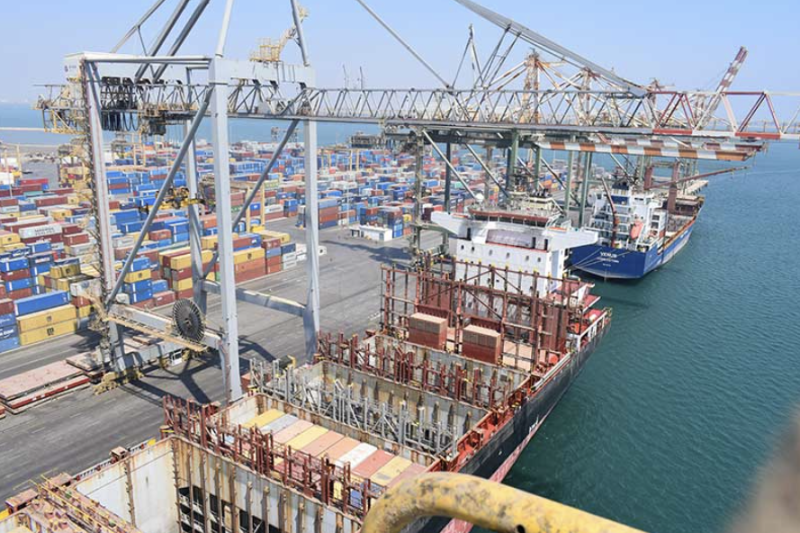Western diplomats leave Yemen as conflict deepens


Western governments evacuated their diplomats from Yemen on Wednesday as conflict deepened in the Saudi neighbour which has long been on the front line of the war against Al Qaeda.
Exactly four years after the start of the protests that forced veteran former leader Ali Abdullah Saleh from power, his Western-backed successor is under effective house arrest, after being ousted by Houthi militias last week.
The United Nations has demanded his reinstatement but its efforts to broker a deal between the militiamen and their opponents have made no headway and the Security Council was to meet later Wednesday to decide on what to do next.
The Houthi militia, which entered the capital unopposed last September, seized more territory in the country this week, sparking fears of a backlash from its feared Al Qaeda branch.
Washington said the "deteriorating security situation" in the capital Sanaa had triggered its decision to close its embassy indefinitely.
"On February 11... US Embassy Sanaa American staff were relocated out of the country," a State Department travel warning said.
"The Department urges US citizens to defer travel to Yemen and those US citizens currently living in Yemen to depart."
Britain too evacuated its diplomats.
"Regrettably we now judge that our embassy staff and premises are at increased risk," said Tobias Ellwood, the Foreign Office minister with responsibility for the Middle East.
"Our ambassador and diplomatic staff have left Yemen this morning."
France on Wednesday called on its 100 or so citizens to leave Yemen and said it would soon close its embassy over mounting security fears in the country.
"Given the recent political developments and for reasons of security, the embassy invites you to leave Yemen temporarily, as soon as possible, by taking commercial flights at your convenience," said the French embassy in Sanaa.
"This embassy will close, temporarily and until further notice, from February 13, 2015," added the mission on its website.
The protests of 2011 had raised hopes of democratic reform after more than three decades of ironfisted rule by Saleh.
But his departure from office the following year created a power vacuum that the Houthis and Al Qaeda have vied to fill.
Washington has been at pains to stress that its battle against the militants' Yemen branch will go on regardless of the outcome of the struggle for power in Sanaa.
Four suspected Al Qaeda fighters were killed in a US drone strike in Hadramawt province in the southeast on Tuesday.
It was the fourth strike since US President Barack Obama vowed on January 25 not to let up in Washington's campaign against Al Qaeda in the Arabian Peninsula (AQAP).
Last Thursday, Al Qaeda said a US strike had killed Harith Al Nadhari, a senior commander who threatened more attacks on France after last month's killings at satirical magazine Charlie Hebdo.
Washington considers AQAP the jihadist network's most dangerous branch after repeated attacks and attempts against targets in the West.
The exodus of Western diplomats came despite pleas from the Houthis' commander that the security situation in the capital was stable.
"Some people are raising concerns among diplomatic missions so that they flee the country," Abdulmalik Al Houthi said in a televised address on Tuesday.
"These fears are unfounded. The security situation is stable."
Huthi has repeatedly portrayed the militia's advance into some areas as a battle against their militants and called for Western support.
But loyalists of President Abedrabbo Mansour Hadi insist that only his restoration can prevent a collapse of central authority that will hamstring the war against the militants.
Hadi also has strong backing from Yemen's neighbours, whose aid is vital to the economy.
Protests against the Houthis were held on Wednesday both in the capital and in the central city of Al Baida, which the militia entered on Tuesday.
But in a show of strength ahead of Wednesday's planned Security Council session, Houthi called on his supporters to take to the streets to commemorate the protests of 2011.
Addressing his adversaries, Houthi proposed what he called "a partnership" under the "constitutional declaration" by which the militia seized power on Friday.
UN envoy Jamal Benomar brokered two days of talks between the opposing factions and was due to brief the Security Council session later on Wednesday.
The fall of Hadi's government has sparked fears that Yemen -- strategically located next to Saudi Arabia and on the key shipping route from the Suez Canal to the Gulf -- could plunge into chaos.
Photo by YemenOnline
Times of Oman

Aden — Ports under the authority of Yemen’s internationally recognized government have received more than two million metric tons of fu…

Mukalla — Local authorities in Hadramout have announced the inauguration of Yemen’s first solar-powered cement station, a landmark proj…

AbuDhabi -- The United Arab Emirates has pledged $1 billion to bolster Yemen’s electricity sector, marking one of the largest development com…